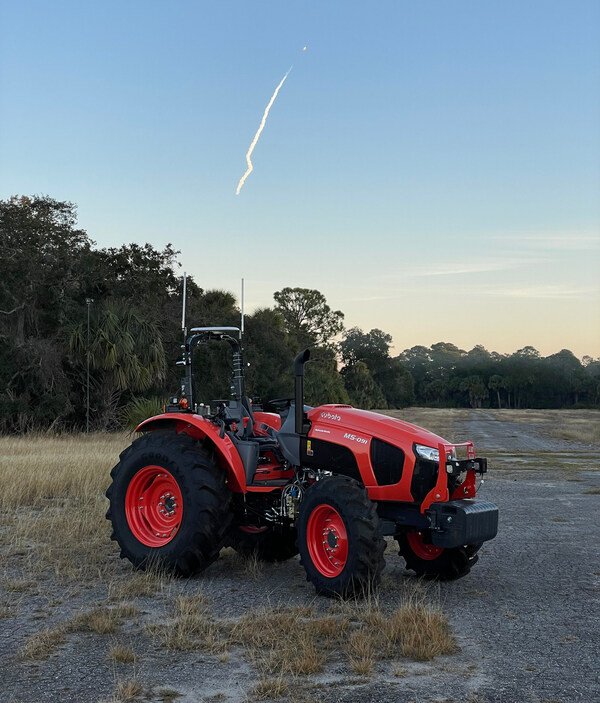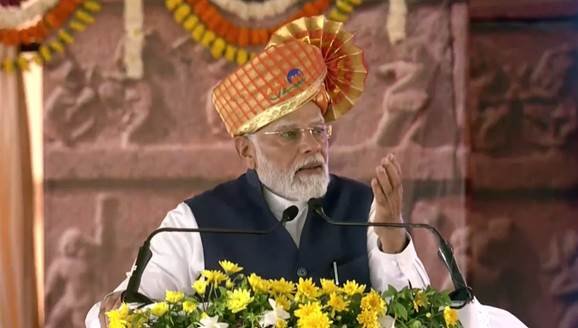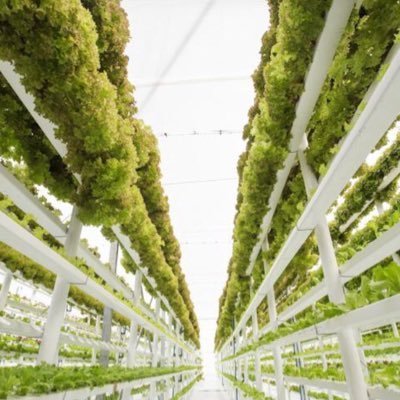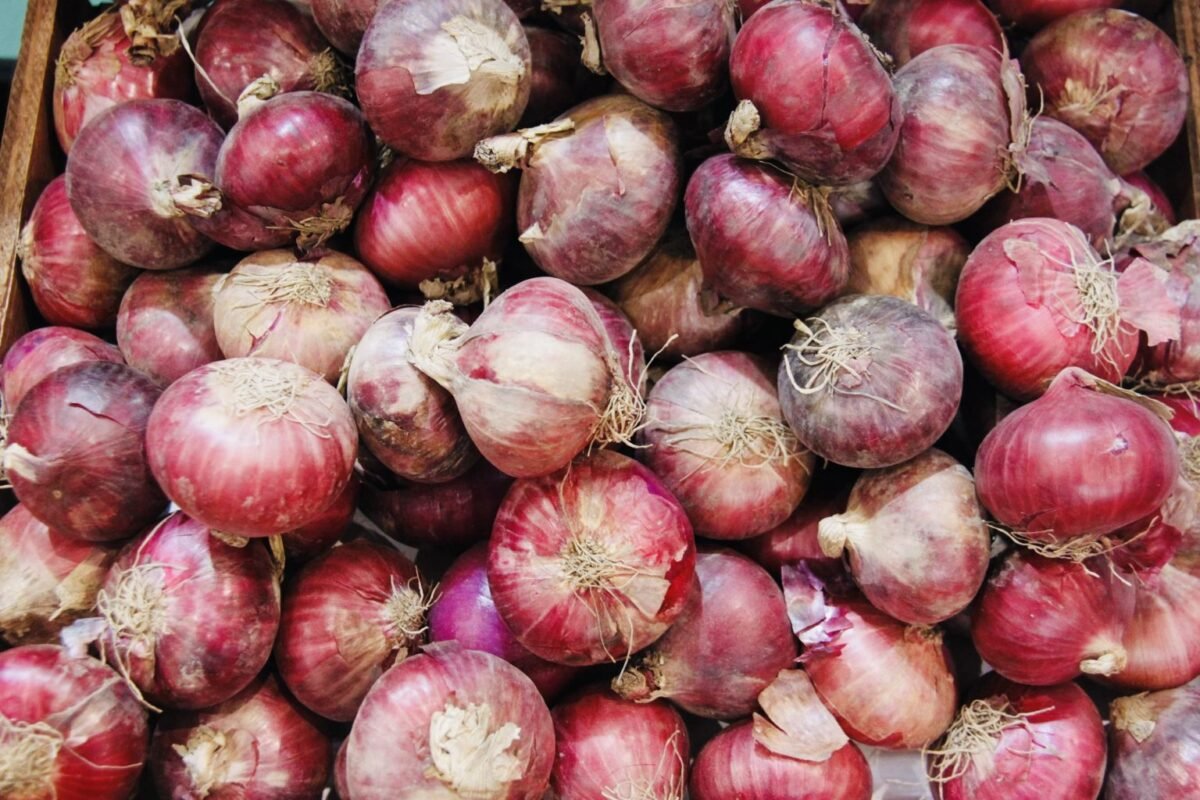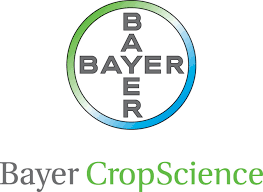Parshottam Rupala inaugurates Start-up Conclave on Animal Husbandry & Dairy
This event brought together entrepreneurs, investors, and industry experts to share their ideas, network
The Department of Animal Husbandry & Dairying, Govt. of India organised a grand start-up Conclave in order to promote the existing and emerging startups in the livestock, dairy and animal husbandry sectors at the Marriott Convention Centre, Hyderabad in close collaboration with the National Dairy Development Board, Startup India, CII and the Animal Husbandry Department of Telangana.
Parshottam Rupala, Minister for Fisheries, Animal Husbandry and Dairying, Government of India graced the event with his presence as Chief Guest in the august presence of Dr Sanjeev Kumar Balyan, Minister of State of Fisheries, Animal Husbandry and Dairying and Dr L. Murugan, Minister of State of Fisheries, Animal Husbandry and Dairying and T. Srinivas Yadav, Minister for Animal Husbandry, Fisheries and Cinematography of Telangana.
This event brought together entrepreneurs, investors, and industry experts to share their ideas, network, and learn from each other. It provided an excellent opportunity to showcase innovative ideas and products and network with fellow entrepreneurs and stakeholders. The event featured keynote speeches by prominent industry leaders, interactive sessions, panel discussions, and presentations by successful start-ups.
Addressing the Conclave, Parshottam Rupala stated that Agriculture diversification through animal husbandry is one of the primary drivers of growth in rural incomes and higher public investment in the Livestock Sector is the need of the hour. The Ministry of Animal Husbandry and Dairying (MoAHD) stands committed to working with all stakeholders to further boost growth in the livestock sector and thereby making animal husbandry more remunerative to farmers and entrepreneurs engaged in the Livestock Sector.
Dr Sanjeev Kumar Balyan, Minister of State of Fisheries, Animal Husbandry and Dairying also addressed the gathering and highlighted the importance of the livestock sector and Major Challenges of the Livestock Sector in India viz. lower productivity and emerging diseases. The Ministry of Fisheries, Animal Husbandry and Dairying is dovetailing and synergising efforts with other Ministries and stakeholders in order to overcome all these challenges and promote entrepreneurship, technology interventions, digitalisation, innovative ideas etc.
This event brought together entrepreneurs, investors, and


